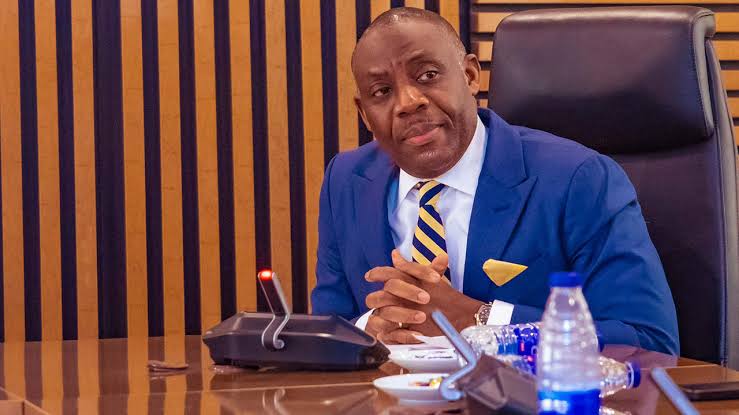
Samuel Omang
Nigeria’s troubled ivory towers were thrown into fresh turmoil on Thursday after the Federal Government dropped a stunning revelation that could reignite campus unrest.
The Minister of Education, Dr. Tunji Alausa, shocked the nation when he declared that the supposed 2021 agreement between the government and the Academic Staff Union of Universities (ASUU) was nothing but a “draft” that never saw the light of official approval.
Speaking at a high-level briefing in Abuja, Alausa insisted that no binding pact was ever signed. “The 2021 agreement was not executed by the government. What ASUU has been holding onto are draft proposals, not a constitutionally valid document,” he said.
Alausa said, “The government side met today (Thursday) at the highest level. I, Minister of State for Education, Minister for Labour and Productivity were all at the meeting. We had the Solicitor General of the Federation.
“The 2021 agreement was not executed by the government. So, I need to be honest and truthful to Nigeria. ASUU might have an impression that they have an agreement with the government.
“There was no signed agreement with the government. But ASUU they’re good people. Polytechnic, College of Education, non-academic staff union, they’re all good people.
“But we now have a responsive government that is being led by President Tinubu and you know this president, once he makes his promises, he fulfills every single promise that is made and he has mandated us to do the same. We’ll have a clean agreement, an agreement that is actionable, where every content is actionable, implementable in a sustainable manner.”
He added that previous administrations mishandled negotiations with the lecturers, bypassing the Ministry of Justice and leaving behind nothing enforceable. In contrast, President Bola Tinubu’s government, he vowed, would only produce a “clean, constitutional, and actionable agreement” with ASUU.
Earlier this year, the Tinubu administration released N50bn to settle earned academic allowances owed to university lecturers and staff.
However, ASUU has consistently demanded clear commitments on improved salaries, conditions of service, university funding, autonomy, and a review of laws governing the National Universities Commission and the Joint Admissions and Matriculation Board.
To that end, the government has set up a seven-man technical team comprising top officials from the Ministries of Justice, Education, Labour, the National Universities Commission, the TETFund, the Budget Office, and the Salaries and Wages Commission. Their task: draft a counter-proposal to be delivered to ASUU through the Yayale Ahmed Committee.
But ASUU’s leadership fired back almost immediately. Its President, Prof. Chris Piwuna, accused the government of rewriting history and playing games with the nation’s academics. “This shows how poor the government is at keeping records. Sometimes, you wonder if there is even a proper handover from one officer to another,” he fumed.
The union, which only months ago received ₦50 billion in earned allowance payments from the Tinubu administration, has been unyielding in its demands: improved salaries, better working conditions, full university autonomy, and reforms to Nigeria’s education regulatory bodies.
For many weary Nigerians, the fresh clash stirs an all-too-familiar fear: the spectre of another round of strikes that could once again cripple the public university system and disrupt the academic future of millions of students.
With FG denying the very existence of the 2021 pact and ASUU insisting on its validity, the stage appears set for yet another bruising showdown between lecturers and government — one that could determine the fate of higher education in Nigeria for years to come.
